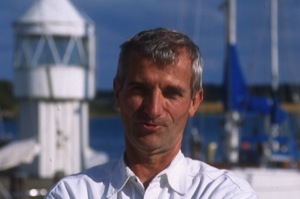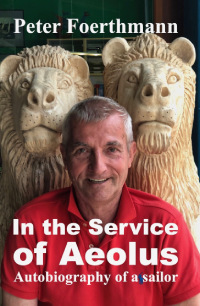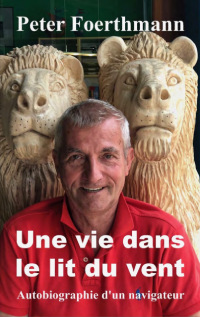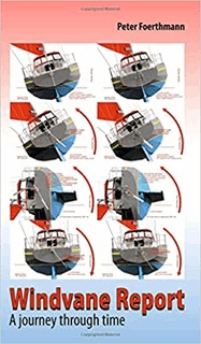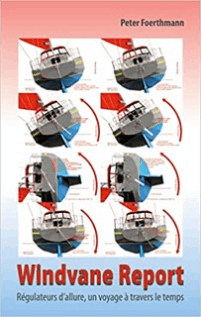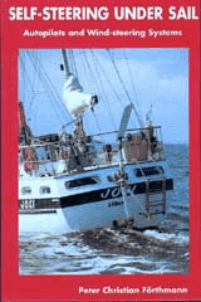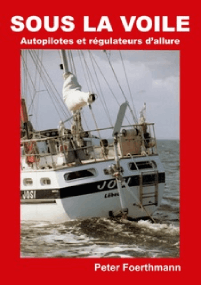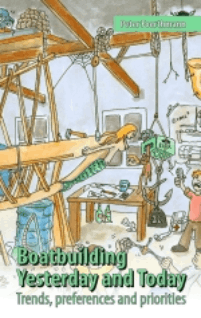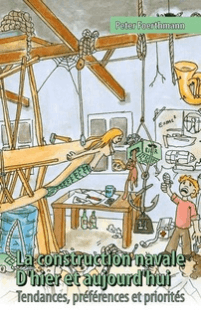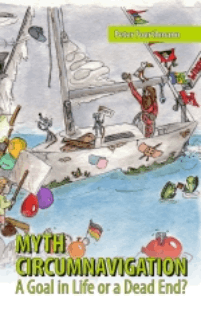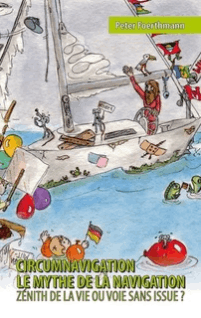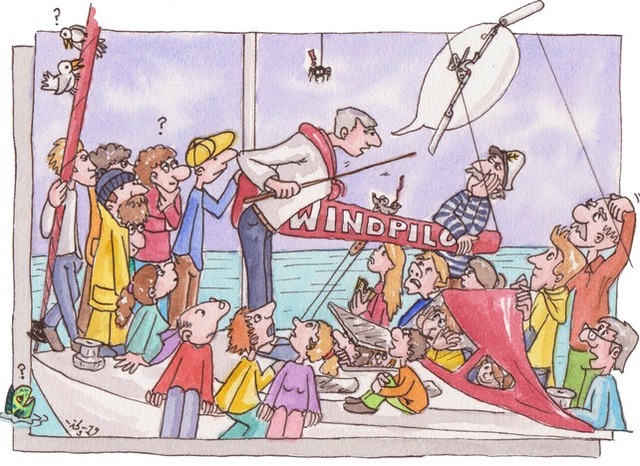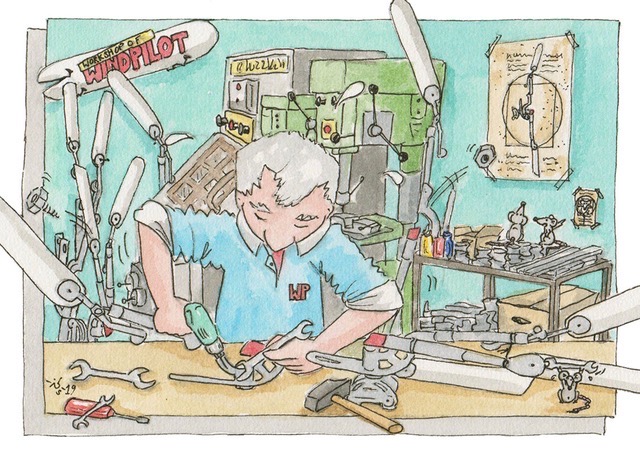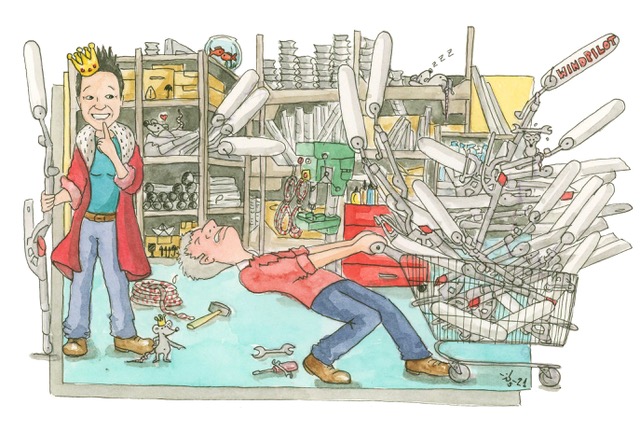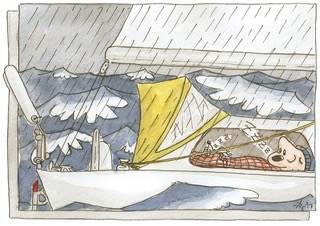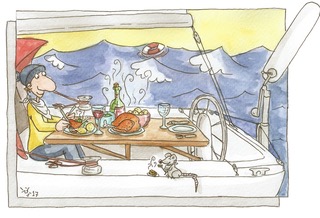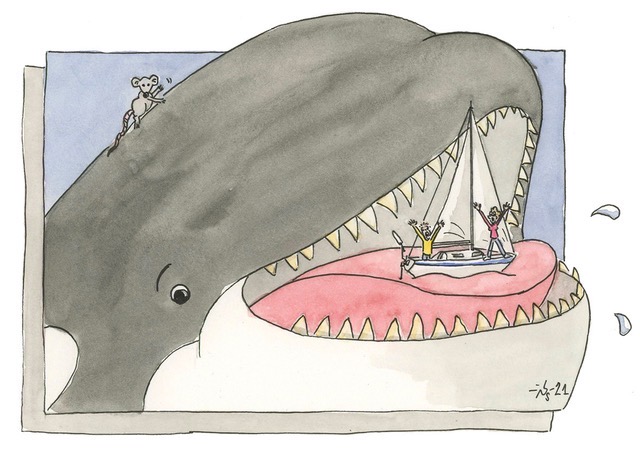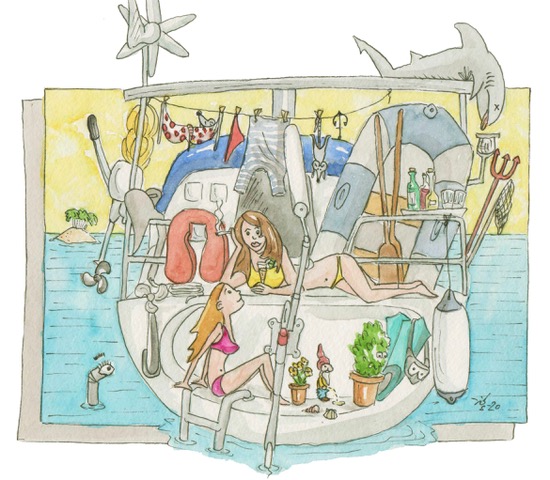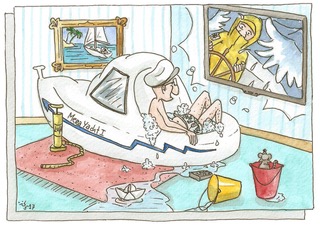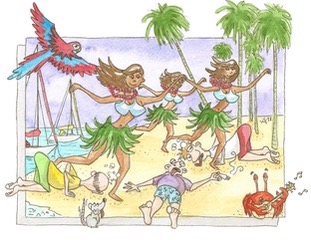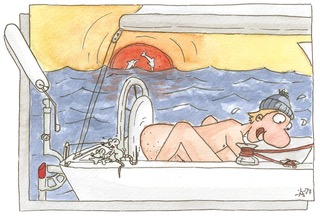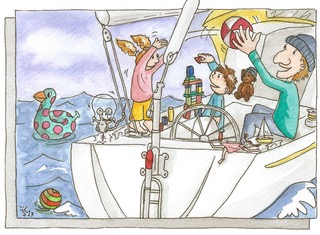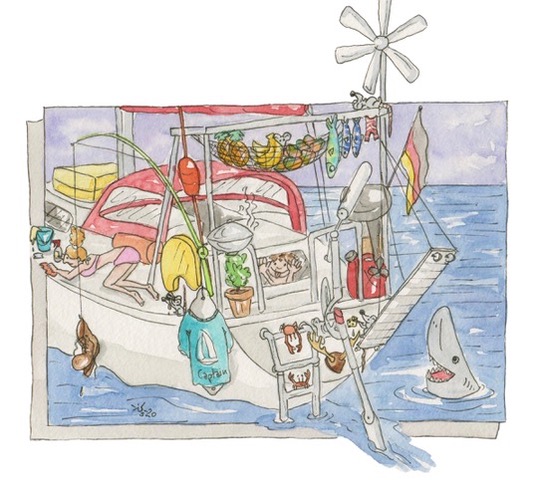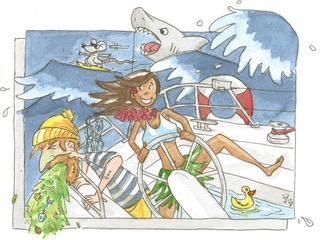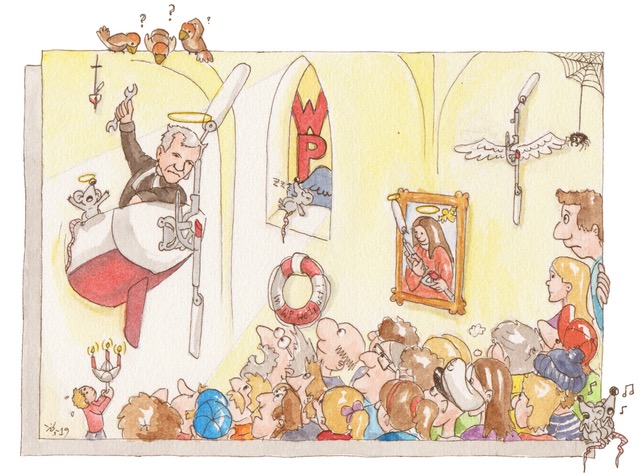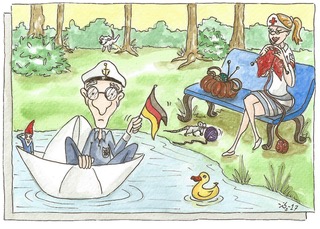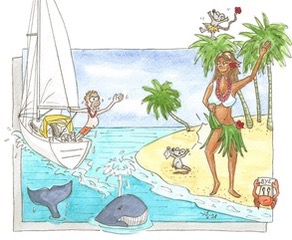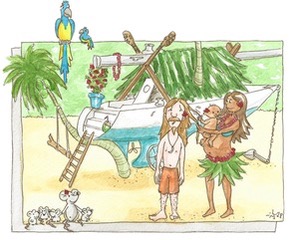18 BOOKS IN 24 MONTHS! HOW DID THAT HAPPEN?
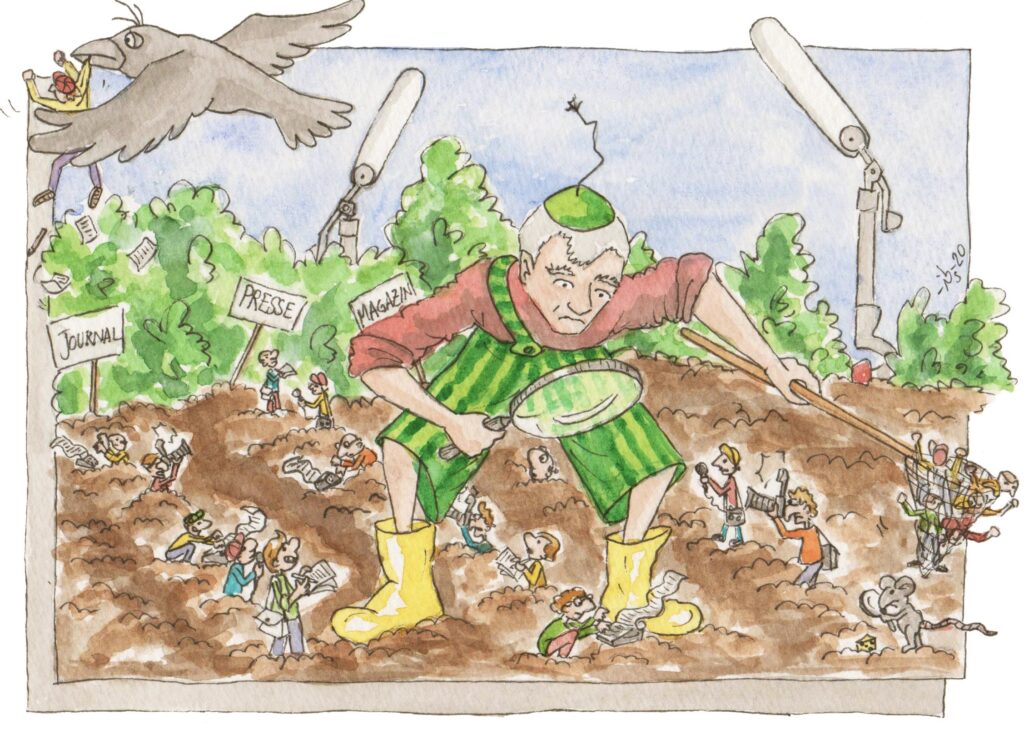 At the end of 2020 I set down my thoughts about what it might be that had persuaded me to throw myself so wholeheartedly into the production of books. Two years – 24 whole months – later, I think every word still rings true.
At the end of 2020 I set down my thoughts about what it might be that had persuaded me to throw myself so wholeheartedly into the production of books. Two years – 24 whole months – later, I think every word still rings true.
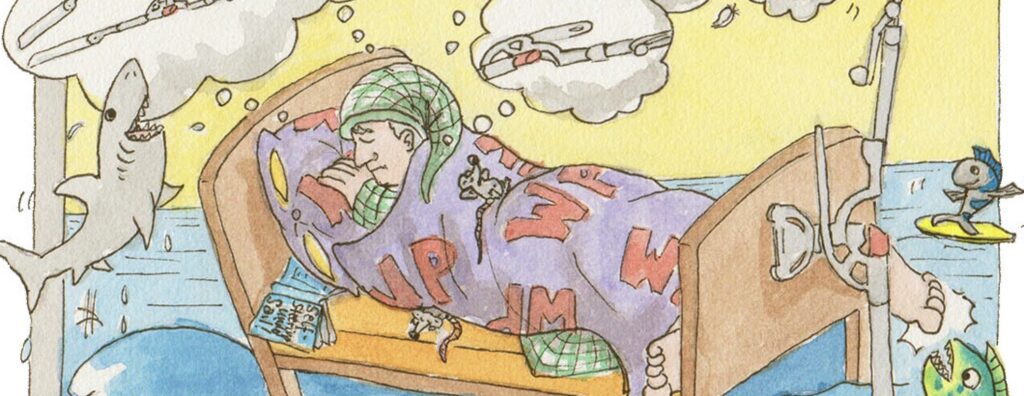 What was then just a dream has now assumed real, physical form, in fact many forms: book number 18 became available online just a few days ago. I have bolted wings to my life experience, as it were, and enabled my opinions to fly, which to my mind is the very essence of authorship. The written word endures: all the experience I have accumulated, all the experiences that have come my way, how I have spent my life, those I find good company and those I find difficult to bear, the people who received my empathy and how they chose to appreciate or exploit it – it’s all there, on the physical or virtual pages, for better or for worse.
What was then just a dream has now assumed real, physical form, in fact many forms: book number 18 became available online just a few days ago. I have bolted wings to my life experience, as it were, and enabled my opinions to fly, which to my mind is the very essence of authorship. The written word endures: all the experience I have accumulated, all the experiences that have come my way, how I have spent my life, those I find good company and those I find difficult to bear, the people who received my empathy and how they chose to appreciate or exploit it – it’s all there, on the physical or virtual pages, for better or for worse.
We all have to be prepared to stand our ground when it matters and every life no doubt has its brighter moments and its darker side. I have learned to respect both, to accept them stoically and to tell the story as it happened, even in the case of incidents I might rather have avoided. Everything has its place, from the complete reference work embodying decades of professional expertise to my many (many) misadventures – usually rooted in miscalibration of my social echo sounder – to the finer points of human interaction and the disputes that (quite unnecessarily in my view) all too often follow when perspective is lost.
“You have only yourself to blame.” How many times have I heard that as people do their best to wash their hands of whatever responsibility they bear for the situation while simultaneously elevating themselves into the role of judge and jury? I would go so far as to say it is characteristic of our age: everyone wants to be a winner in life’s social back and forth and with “social” media standing by assist, everyone can easily peddle the curated version of events that suits them best. Crazy times…
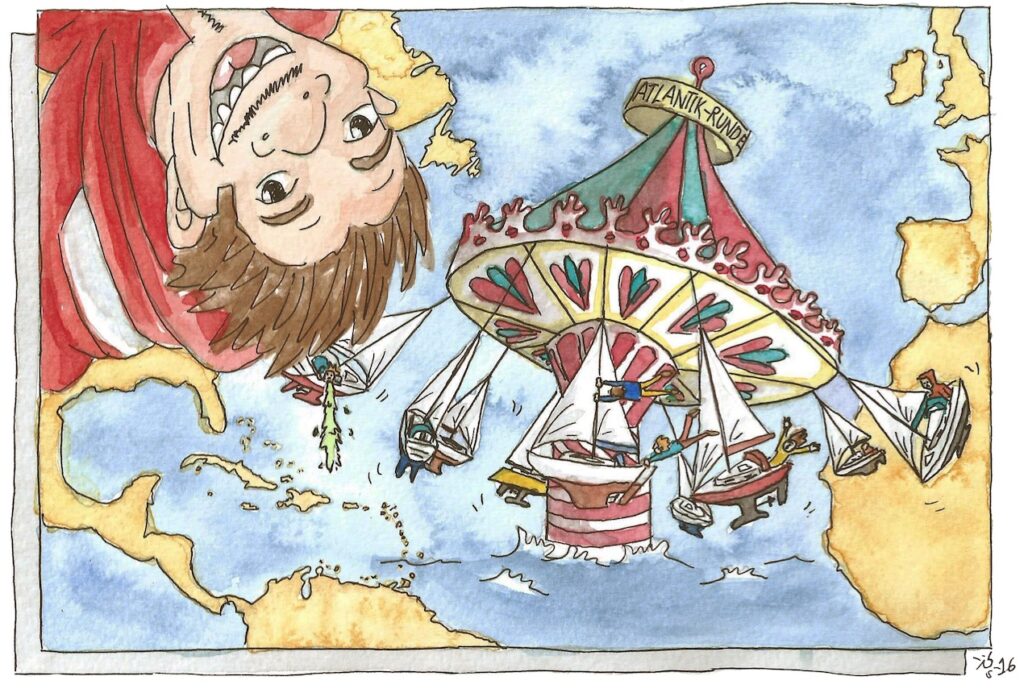 My venture into books has worked out even better than I had hoped, but it could not have done without the assistance and understanding of a number of people who have lent their support to my authorial ambitions. I cannot leave them unmentioned!
My venture into books has worked out even better than I had hoped, but it could not have done without the assistance and understanding of a number of people who have lent their support to my authorial ambitions. I cannot leave them unmentioned!
I’ll begin with the biggest problem of all, namely the things I do to language in order to express myself. It drove my mother to distraction when I was small and led to the following comment from a good friend, Jens Lassen, only recently: “I have been enjoying your books now that I have acclimatised to your style of writing!” Far from being my own invention, this distinctive approach to words and language actually passed down to me from my mother. So there is absolutely nothing I can do about it. It is a matter of genetics, an incontrovertible DNA thing with me from the womb. Resistance is useless: deep breaths, be brave…
My mother bashed away on a Continental typewriter throughout her life, filling box file after box file with thin, ink-embellished pages carefully ordered for posterity. Years later my brother, on coming face to face with the remains of my mother’s wide-ranging life’s work in his basement, asked me, “Are you interested in this stuff or shall I dispose of it?” That is how, twenty or so years ago, I finally had the opportunity to open Pandora’s box. Truly I am not the same man now that I was then – but not in a bad way.
Off on a tangent again? Do forgive me, we were talking about writing styles. I first faced off with editor Astrid Breuer Greiff in 1996, the year my technical book Autopiloten und Windsteuersystem (“Autopilots and windvane self-steering systems”) appeared. Astrid was working for German publishers Pietsch, to whom she offered up as authors not just me but her own husband, Wilhelm Greiff, as well. I was polite and diligent and obeyed/delivered, as did Wilhelm. Then came the pain of seeing my work compressed (reduced, as I saw it) to a mere 109 pages. The blade pared away layers of my knowledge, which is precisely what hurts an author the most (a fact editors seem quite unable – or unwilling perhaps – to comprehend).
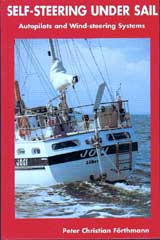 The second book, Self-steering under Sail, made it into print with publishers Adlard Coles and International Marine (US) with barely a hitch. What of that idiosyncratic style of writing I mentioned? Over in England I have a translator, Chris Sandison, who has been wrestling with my prose (and occasional forays into rhyming couplets) for the last 26 years, painstakingly endeavouring to convert my words into elegant (or at least not too hopelessly convoluted) English while still conveying a sense of the fun I had writing them in my own language. The publishers had no objections, the book went to press and that could very easily have been that. But it wasn’t; not at all.
The second book, Self-steering under Sail, made it into print with publishers Adlard Coles and International Marine (US) with barely a hitch. What of that idiosyncratic style of writing I mentioned? Over in England I have a translator, Chris Sandison, who has been wrestling with my prose (and occasional forays into rhyming couplets) for the last 26 years, painstakingly endeavouring to convert my words into elegant (or at least not too hopelessly convoluted) English while still conveying a sense of the fun I had writing them in my own language. The publishers had no objections, the book went to press and that could very easily have been that. But it wasn’t; not at all.
Instead of sitting back and watching the royalties roll in (or at least turning my full attention back to my business), I found myself facing what I have come to see as my Waterloo, an affair that left me at the mercy of the courts and came close to holing my wallet below the waterline. I survived though – body, soul and solvency shaken but not stirred – and, after a few deep breaths, plunged straight back in again. Pretend as might though, all was not entirely as it had been: I was greyer of hair, no doubt, but also wiser and more self-aware (and, once the plaintiff in the London case had declared bankruptcy and thereby dodged the responsibility of paying my costs for his failed action against me, more conscious than ever of the financial implications of my every move).
I decided at this point to take my fate in my own hands: I owned the copyright to the book, I had had it translated into five languages and I would now make it available to the international cruising community as a free download. The international cruising community appears to have appreciated the gesture, as the book was downloaded almost three million times over the following 20 years. This must surely mean that the knowledge I set out to share has been shared – and that the book has thus served its ultimate purpose.
 My French edition, Tout savoir sur le Pilotage automatique, first saw the light of day in La Rochelle at about the same time. It brought me no trouble at all – and, after 20 years, not a hint of any kind of remuneration either. Publishing houses went under but the book somehow remained on sale. Amazon had it. I know, because that’s where I bought my copies… “Mon Dieu, how could you be so naive?” wondered an author acquaintance in France. Granted I never earned anything from the book directly, but it made it into print, appeared in all the right places in France and has done a wonderful job of making the French sailors who matter aware of me and my product. If that makes me naive – c’est rien!
My French edition, Tout savoir sur le Pilotage automatique, first saw the light of day in La Rochelle at about the same time. It brought me no trouble at all – and, after 20 years, not a hint of any kind of remuneration either. Publishing houses went under but the book somehow remained on sale. Amazon had it. I know, because that’s where I bought my copies… “Mon Dieu, how could you be so naive?” wondered an author acquaintance in France. Granted I never earned anything from the book directly, but it made it into print, appeared in all the right places in France and has done a wonderful job of making the French sailors who matter aware of me and my product. If that makes me naive – c’est rien!
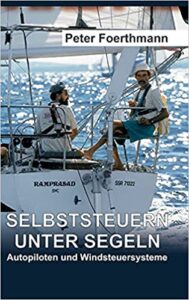 I was then discovered by German publishing company Delius Klasing in 2004 and requested to get back to the keyboard. Selbststeuern unter Segeln (a German-language version of Self-steering under Sail) hit the shelves and I felt rather pleased with things: a book is a book after all, no matter how large or small. Five years later came the downside: the book was withdrawn and remaindered. “Dear Mr Förthmann, We regret to inform you…”
I was then discovered by German publishing company Delius Klasing in 2004 and requested to get back to the keyboard. Selbststeuern unter Segeln (a German-language version of Self-steering under Sail) hit the shelves and I felt rather pleased with things: a book is a book after all, no matter how large or small. Five years later came the downside: the book was withdrawn and remaindered. “Dear Mr Förthmann, We regret to inform you…”
Four months’ work for the pleasure of seeing my efforts flogged off at one euro a copy. How is an author to make his mark when things like this happen? As Bobby Schenk once told me, “It’s easy to spot a successful publisher: he’s the one slurping champagne out of the skulls of his authors.” That didn’t work out with me obviously but I expect I just misunderstood something.
Time has marched on, this and that publishing house has run into difficulties and some have even disappeared altogether. All that remain are plagued by the same conundrum: printing, storing and distributing a book only makes sense if it is going to sell like hot cakes, but who can say which books that will be? And who gets to decide which books will even be afforded the opportunity? Does it come down to superior knowledge or just superior self-confidence? Clearly there are no guarantees: I’m sure all publishers must know what it feels like to be sitting on printed pages they cannot shift. Even poetry readings make little sense in the absence of some or other superstar to sign copies on the spot. Costs are always real but income often fails to live up to (hopeful) expectations and that, we all know, unsettles the bean-counters profoundly.
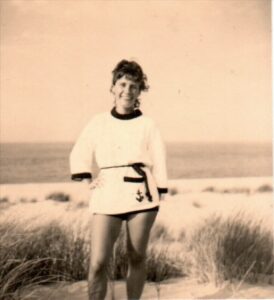 But anyway, I am supposed to be discussing my unusual style of writing. I must have been expressing myself in a noticeably different way for a long time because my language earned a name of its own quite early on in my life. Regina Derbolowski was the first girl who really caught the eye of the teenage me. Back in 1964 I absolutely fell for her – and then (coincidentally?) ran away to sea. By the time I came home, the moment (if ever there had been one) had passed: Regina was lost, lost to a guy called Udo with whom she seemed happy to stay. It took me months to get over it but thankfully we ended up remaining close friends. Regina once described my writing style as “typical Peterese”. And so it was, so it is and so it should be. No longer need I ponder just why I write the way I do, it’s just me being me. Thanks Regina!
But anyway, I am supposed to be discussing my unusual style of writing. I must have been expressing myself in a noticeably different way for a long time because my language earned a name of its own quite early on in my life. Regina Derbolowski was the first girl who really caught the eye of the teenage me. Back in 1964 I absolutely fell for her – and then (coincidentally?) ran away to sea. By the time I came home, the moment (if ever there had been one) had passed: Regina was lost, lost to a guy called Udo with whom she seemed happy to stay. It took me months to get over it but thankfully we ended up remaining close friends. Regina once described my writing style as “typical Peterese”. And so it was, so it is and so it should be. No longer need I ponder just why I write the way I do, it’s just me being me. Thanks Regina!
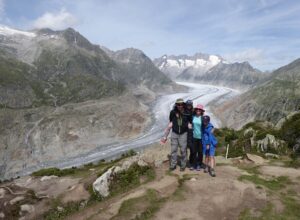 Thanks to a chance meeting one London Boat Show, Chris Sandison has been translating my books, blogs and even my poems into English since 1997. Someone who takes almost (!) as much pleasure in playing around with words as I do, he enjoys the challenge presented by my commissions as a welcome change of pace from his at times rather less stimulating translation work for various German industrial companies.
Thanks to a chance meeting one London Boat Show, Chris Sandison has been translating my books, blogs and even my poems into English since 1997. Someone who takes almost (!) as much pleasure in playing around with words as I do, he enjoys the challenge presented by my commissions as a welcome change of pace from his at times rather less stimulating translation work for various German industrial companies.
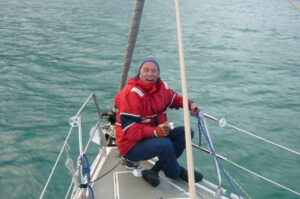 In France I hit a double jackpot in the form of Christian Brugeron, who has not only translated a good number of books, but is also a Windpilot user and consequently understands all the finer points of my material intimately.
In France I hit a double jackpot in the form of Christian Brugeron, who has not only translated a good number of books, but is also a Windpilot user and consequently understands all the finer points of my material intimately.
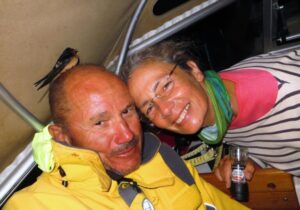 Recently the French team has been reinforced: Thérèse Collet, wife of my friend Wilfried Krusekopf, has turned out to be a real find and with their combination of sailing and language genius, the pair made a masterful job of my autobiography (bear in mind the German and French languages are separated not just by the Rhine but also by a whole forest of potential linguistic misunderstandings that could easily pass the unwary translator by but unleash glorious hilarity among knowledgeable readers later on).
Recently the French team has been reinforced: Thérèse Collet, wife of my friend Wilfried Krusekopf, has turned out to be a real find and with their combination of sailing and language genius, the pair made a masterful job of my autobiography (bear in mind the German and French languages are separated not just by the Rhine but also by a whole forest of potential linguistic misunderstandings that could easily pass the unwary translator by but unleash glorious hilarity among knowledgeable readers later on).
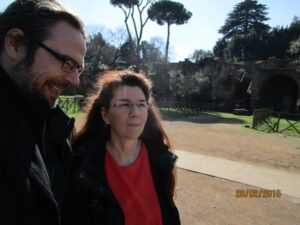 Thérèse and Wilfried’s efforts were assembled into finished books by Erik Kinting and Sabine Abels, another couple who make a potent team both privately and professionally. Erik is an experienced editor with 1,500 published books, a number of bestsellers among them. Sabine, his wife, has an eye for design and the visual side of the business. It is she who makes the books look so appealing (for author and readers alike I might add).
Thérèse and Wilfried’s efforts were assembled into finished books by Erik Kinting and Sabine Abels, another couple who make a potent team both privately and professionally. Erik is an experienced editor with 1,500 published books, a number of bestsellers among them. Sabine, his wife, has an eye for design and the visual side of the business. It is she who makes the books look so appealing (for author and readers alike I might add).
I have made peace with the world of conventional publishing, dominated as it is by an arcane set of rules I could never master. My inability to crack their code caused me to perceive the big publishing houses as unassailable fortresses, but progress has succeeded where I did not and the new rules suit me much better. Who needs to storm the walls when smarter alternatives have stripped the eminences within of their relevance anyway? I know how to make books in today’s world.
Windpilot Books are published with BoD, epubli and tredition and are available on all platforms. Thank you to everyone who has helped me make that the case. Our collaborations have turned out to be very fruitful (and certainly worth these few lines of their own) and I look forward to creating more books together!
Peter Foerthmann
Hamburg, 13 February 2023





